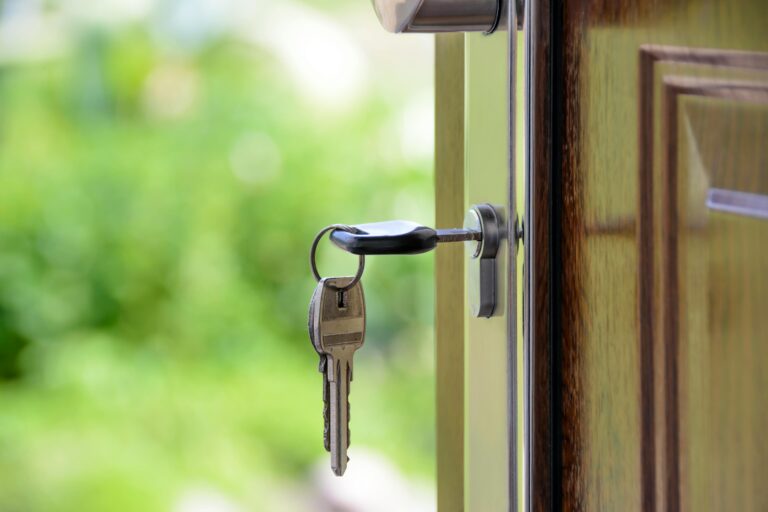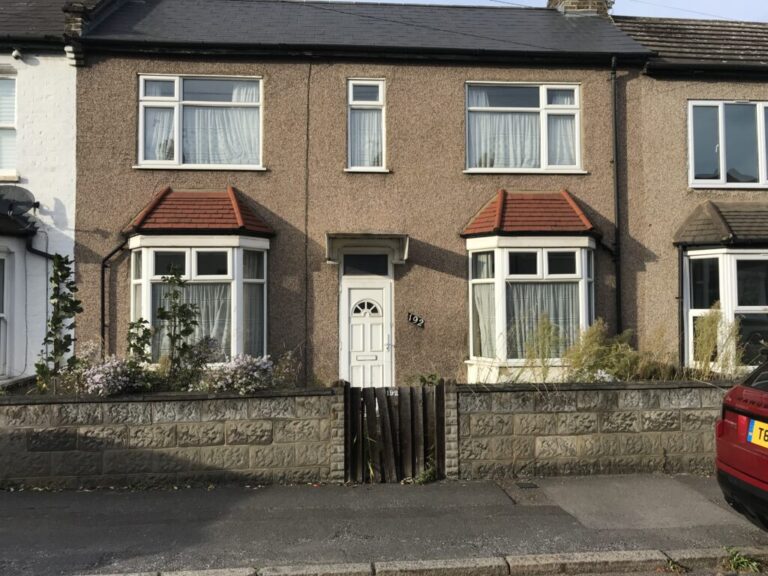Renting in London: Top 10 Tips to Finding Your Next Home
Although London is a brilliant place to live, work and study, it has the highest rents of any city in the world.
However, because there are so many people wanting to rent in London, the rental market can be competitive.
The good news is, if you spend time researching, you will find flats that are good value and located in a good location.
We’ve put together these top tips to save you time, money and stress when you are searching for your next home.
Tip 1: Before you start your search, write a list of your essential criteria. Be clear on what is important to you and your family, such as:
- What transport links are close by?
- Do you need parking?
- Do you want to live in a flat or a house?
- Are you happy to live in an HMO?
Tip 2: create a list of suitable locations. But never assume that an area is not for you if you don’t know the area.
Visit different areas at different times of day, or days of the week to see how close they are to the centre of London, check to see what is in the area – shops, pubs, parks, etc. Write a list of pros and cons for each area that is of interest.
For example, if you’re a young professional, you may want to consider areas such as Islington, Croydon, Docklands, Knightsbridge or Clapham. These locations are close to central London, with great transport links that include entertainment options with museums, galleries, bars, gyms, pubs and restaurants close by.
On the other hand, if you have a young family, then you would probably consider areas that have great schools, parks, supermarkets, good transport and low crime rates, such as Hampstead, Richmond or Sutton.
Or if you are a student can afford to live close to university, then that is the best option. However, you may also consider areas with good transport, that are affordable, have great nightlight and quality supermarkets, such as Woolwich, Deptford, Stratford and Greenwich.
Tip 3: have a clear budget in mind for your monthly rent.
And factor in future rental increases, particularly if you are planning on staying for several years.
Don’t forget to include all utility bills and letting fees. The majority of letting agencies charge tenants a fee which covers:
- viewings
- negotiating the tenancy
- verifying references
- writing contracts
- contract variations
REKA is different from other letting Agencies, because we eliminate all tenant fees for the above items.
Tip 4: research the current and past rental values in the locations you are considering.
Note that rental values generally reflect property sale prices. The highest rents are generally in central London locations and the lowest are in outlying boroughs.
Tip 5: find a reputable letting agent. For our clients, we recommend that they meet with us to tell us what they are looking for in a rental. Then when we find the right property for them, we call them.
You should also set up online property alerts. The goal is to view potential properties as soon as possible.
Tip 6: view the potential properties. We recommend that you view several properties from the same location, so that you can make an informed decision and see what is included for each property.
Tip 7: create a short-list of the best properties for you and your family based on your research and discussions with your letting agent.
You should expect to pay high rent if a property is in impeccable condition. If the property needs some updating, then you may be able to bring the rent down. That is why it’s best to know what the current and past rental values are in the area.
Tip 8: tell your letting agent which property you want. Because the rental market is competitive and fast-moving, it is best to secure your preferred rental property as soon as you know you want to live in there.
This means having your references and deposit ready.
Tip 9: before signing your rental contract, ensure you are familiar with your responsibilities and legal rights. Ask any questions you have before you sign the lease.
For example, find out who is responsible for maintaining common areas, how often will maintenance inspections be undertaken, how quickly will maintenance issues be done and what is the penalty for breaking the contract early.
Tip 10: sign the letting contract and pay your deposit. You will then receive the following:
- Deposit certificate
- Energy Performance Certificate (EPC) for the property
- Gas safety Certificate
- How to Rent Guide leaflet, issued by the Government
Next Steps
Move in and enjoy your new home and remember that good tenants will be looked after by landlords. This means ensuring you pay your rent on time, allow access to your landlord to maintain the property and letting your landlord know when there are maintenance issues.
If you are looking for a letting agent, then call us. We’re not just a regular letting agent… we are landlords and property investors. And because we believe tenants have enough costs to pay when looking for rental accommodation, we don’t charge agency fees or contract renewal fees.
If you’re searching for quality self-contained studios, rooms with ensuites, houses, flats and apartments for long-term letting and short stay in North, South, East and West London, then feel free contact us on +44 (0) 203 286 6468 or email us at lettings@RekaProperty.co.uk.
Or stay up to date with the latest news on available accommodation by connecting with us on Facebook,YouTube or Twitter.
Doug



